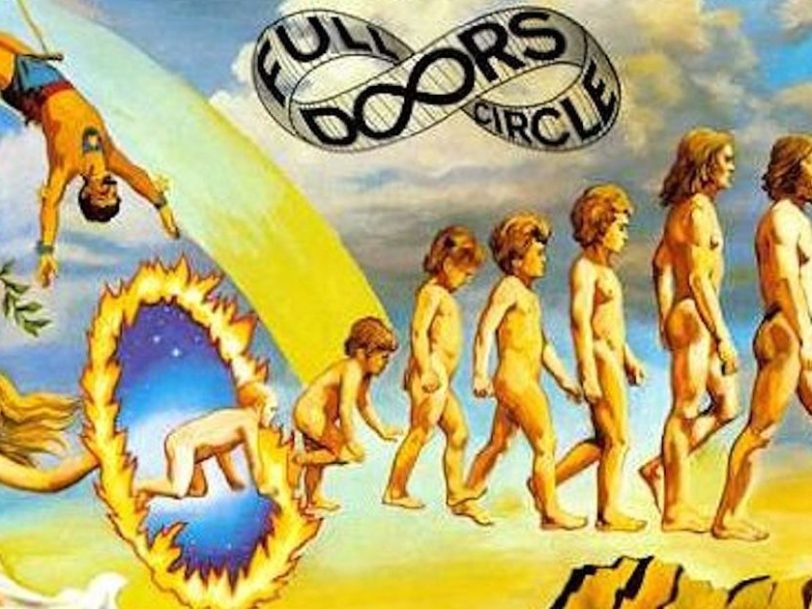The three remaining members of The Doors made a difficult decision to continue following the death of their frontman, Jim Morrison, but – at least initially – any criticism they received only made them stronger. Indeed, the Top 40 success of their first post-Morrison album, 1971’s Other Voices, boosted the band’s confidence and suggested they’d earned another roll of the dice with the following year’s Full Circle.
Listen to ‘Full Circle’ here.
“Our fans were still there to support us”
“Nowadays, people discuss the post-Jim Doors with the attitude, ‘What were they thinking?’” guitarist Robby Krieger wrote in his recent memoir, Set The Night On Fire. “But at the time, it made sense to write songs. It made sense to record. Our label was behind us all the way. Our critics gave us kudos. Our fans still turned up and enjoyed themselves. We were having fun. Why not keep it going?”
In retrospect, Krieger’s logic is hard to dispute. Without their iconic frontman, Krieger, keyboardist Ray Manzarek and drummer John Densmore knew they couldn’t compete in rock’s premier league, but they still had a sizeable fan base to service. They’d sold out venues such as the Hollywood Palladium and New York City’s Carnegie Hall while touring Other Voices, and that reinforced a collective belief that they still had a future together as a band.
Accordingly, the trio set about working on their second post-Morrison opus, Full Circle, during the early part of 1972. This time around, however, they moved outside their comfort zone, shifting operations from their rehearsal space on Los Angeles’ Santa Monica Boulevard – the birthplace of the LA Woman and Other Voices albums – to Hollywood’s A&M Studios, and even cutting loose from long-term engineer and co-producer Bruce Botnick.




